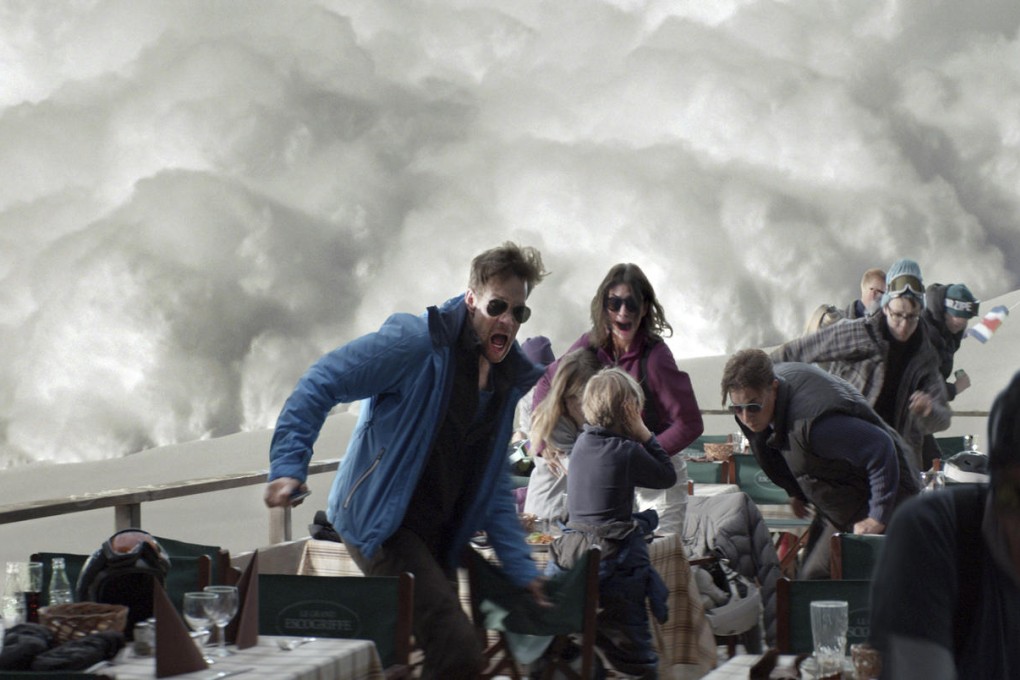Avalanche film director Ruben Ostlund on the pressure to be a hero
The Swedish filmmaker's latest movie, 'Force Majeure', about a father who abandons his family to an avalanche, raises unsettling questions about society's expectations, writes Henry Barnes

A. Andree died of shame in October 1897. Three months earlier, the Swedish adventurer had set out to be the first to reach the North Pole. He travelled by hydrogen balloon. A patent office engineer by trade, Andree was an amateur balloonist, but an expert salesman. He had convinced the public that he would make the dangerous voyage with ease. In fact, Andree knew he was underprepared and ill-equipped. Even before he launched, he suspected he might not return. He couldn't admit that, of course. That would be far too embarrassing.
Andree's balloon, the Eagle, lurched along for two days before crashing on the ice. Andree and his co-pilots salvaged what they could and made for the nearest food depot, a six-week march away. They ran out of food. They ate gulls, walrus and polar bear to survive. All three died within months.
Swedish film director Ruben Ostlund loves stories about the fear of losing face. Andree inspired him.
"You could read in his diary that he didn't believe in the project," he says. "But the social loss would have been so great that he would have rather killed himself and his crew than admit he was wrong."

"One of the most painful things that can happen to a human being is to lose their identity," Ostlund says. "For men, losing our identity is very connected with being a coward. That's what annoys me when women think Tomas is an arsehole. Because they're as much victims of gender expectation as anyone else. In our society there's a slight feeling of shame about being a man. Trying to deal with [our] basic behaviour and put it into culture today."
